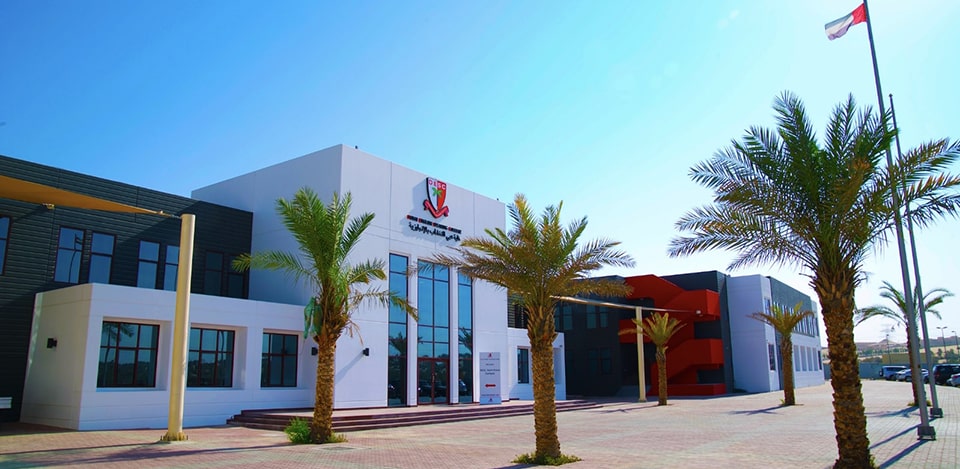Our job is to teach students lifelong skills that they can use in further education and employment. We have invested heavily in ensuring students are able to use technology to remove their own barriers and self-scaffold. We deliver training on how to touch type, use text to speech software and speech recognition technology in order to encourage student independence.
Student Voice
Where appropriate we always include the student when creating the Student Profile. It is really important to us that the student is involved so they can explain firsthand as to what works for them in lessons.

